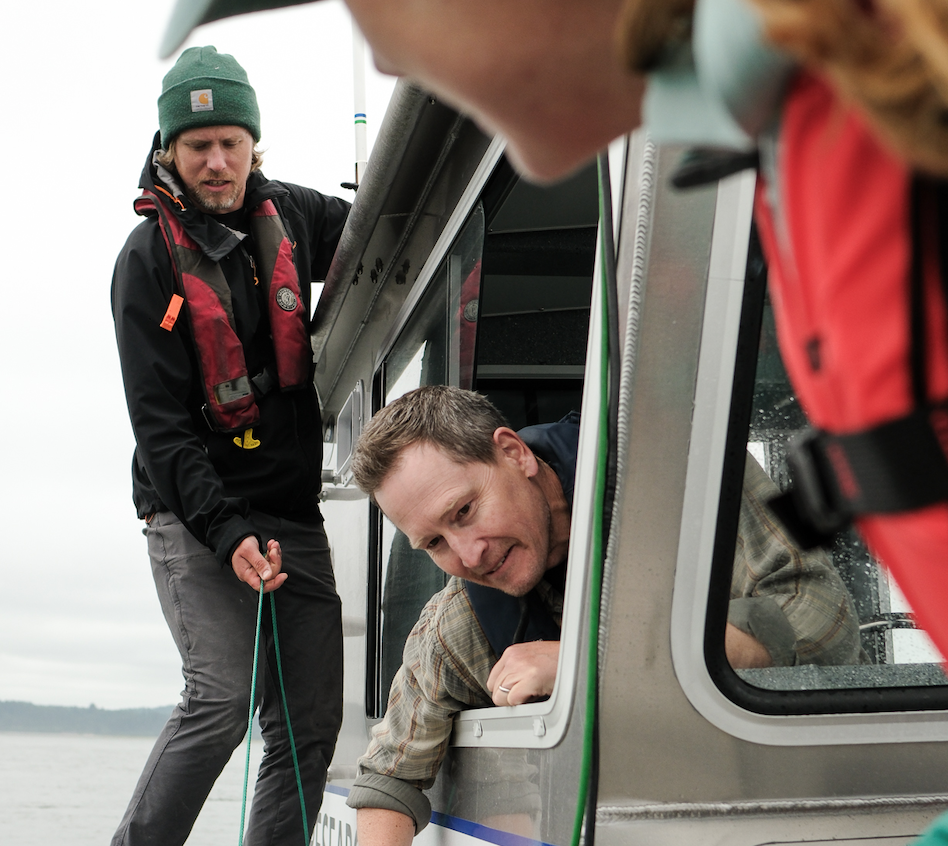Better information
Published 4:00 pm Monday, December 30, 2002
The West Coast groundfish crisis has yet to elicit anything like the vast outpouring of attention that accompanied declines in salmon runs – a smaller number of people are involved, the economic stakes are not so high, and perhaps most importantly, there is little recreational use of the resource.
But groundfish restrictions nevertheless are a big deal for many communities up and down the coast, including several in this area. Not only are there direct losses of jobs and income, but it is widely feared that any long-term decline in these fishing opportunities will result in a damaging increase in fishing pressure for now relatively abundant species like Dungeness crab and albacore tuna. Some fishermen who have carved out comfortable economic niches could find themselves crowded out.
Unlike the salmon crisis, where there was no doubt that salmon were indeed in great trouble, information gaps are a major issue in finding consensus on groundfish issues. There are many fishermen who are skeptical about government population estimates for some or all of the half dozen fish stocks in question. And on the government’s side, there are strong suspicions that some fishermen and processors engage in systematic cheating by concealing unlawful catches of endangered fish.
Taken together, these issues and others make for a nearly intractable problem, one in which agencies perceive their wisest course of action is enforcement of sharp limits on a broad range of groundfish activities.
Earlier this month, Oregon’s U.S. senators Republican Gordon Smith and Democrat Ron Wyden asked the investigative arm of Congress to examine the reliability of data used by scientists and fisheries managers to assess the health of groundfish stocks. Even some of the government scientists agree current methods are inadequate, with a survey being done only once very three years, using a method that is highly susceptible to error.
Depending on what this welcome investigation reveals, the next issue likely will be money to fund better, more frequent surveys. In an age when farmed fish increasingly provide consumers with inexpensive protein, it may be difficult to make a case for substantially more funding. But we and our elected officials should work hard to make this case, both to preserve local economies and to ensure the future of fisheries vital to undersea ecosystems.
Regardless of whether there are improved surveys, it’s also important to begin rebuilding the trust and cooperation between fishermen and agencies. This probably will require better self-policing by the industry itself and more consistent funding and support for enforcement personnel responsible for protecting fish stocks. Although some conflict is inevitable between agencies and the industry they regulate, both can benefit in this instance.
It is in everyone’s interest to work toward fisheries that are sustainable in perpetuity. It won’t be easy getting to that point, but our senators are right in thinking that better information is a key piece of the equation.









